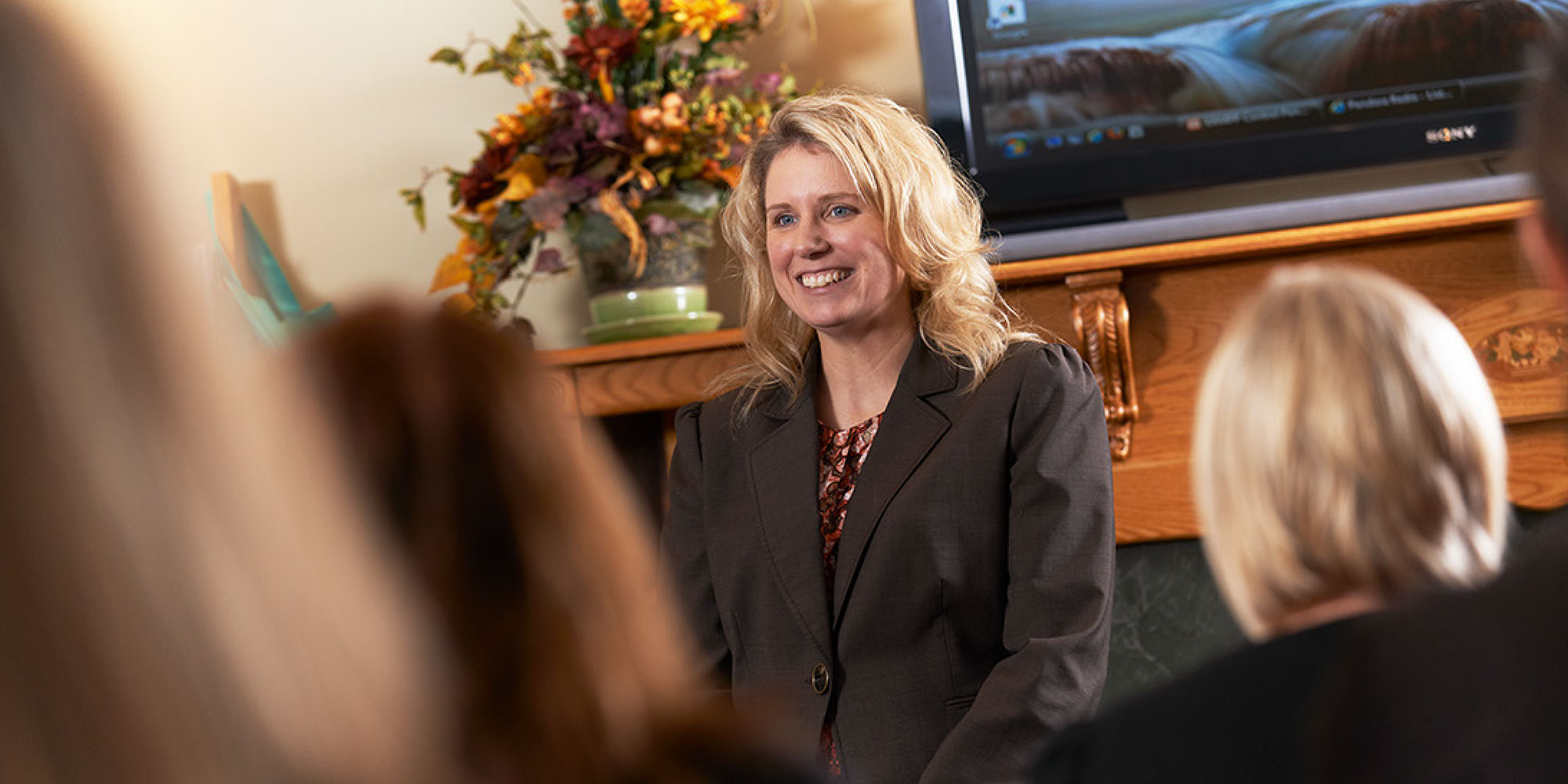By Kristin Daugherty
Long-Term Care Planner, Certified Medicaid Planner™, Certified Dementia Practitioner and recognized as a NCCDP Certified Alzheimer’s Disease & Dementia Care Trainer.
It’s a huge misconception that all dementias are the same. This couldn’t be further from the truth. A proper diagnosis is the most important thing you can do if your loved one is displaying symptoms of a cognitive impairment.
Probably the dementia that we hear the most about is Alzheimer’s Disease. Alzheimer’s Disease is the #1 cause of dementia, including 60-80% of people who are diagnosed with dementia and is the 6th leading cause of death in the United States! Alzheimer’s disease is a progressive disease and there are treatments that may be able to help slow the progression of the disease but there is not a cure. Many individuals with Alzheimer’s disease live many years after the diagnosis.
The dementia that is considered the second most common form is called Multi-Infarct Dementia which is probably more well known as Vascular dementia. Many experts believe that vascular dementia remains underdiagnosed.
Lewy Body Dementia and Parkinson’s Dementia follow Alzheimer’s Disease and Multi-Infarct Dementia as the third and fourth most diagnosed forms of dementia. We seem to be hearing more about both forms of dementia lately, likely as researchers are learning more about the disease, symptoms, and prognosis.
There are other forms of dementia such as Creutzfeldt-Jakob disease (CJD), Frontotemporal dementia, Huntingdon’s Disease, and mixed dementia.
Did you know that there are some types of dementia that can be reversed? Some forms of reversable dementias include depression, infections, thyroid issues, nutritional deficiencies such as B1 and B12, cancer, side effects of medication, substance abuse, or infectious diseases such as HIV.
We hear repeatedly that someone suddenly started with hallucinations or memory changes. This is typically a sign of a reversable dementia – like a urinary tract infection. However, left untreated, they could turn into a bigger medical issue.
Why is it important to have an appropriate diagnosis? Simple – because the diagnosis and the treatment are all very different. It is not helpful to have a diagnosis of just dementia; you need to know which type of dementia you have so you can receive the proper treatment to slow down the progression.
Who should you be talking to if you or a loved one is experiencing a cognitive impairment? The first person to talk to is your primary care physician, but you must ultimately see a neurologist that specializes in dementia. He or she will be able to do the clinical testing that is necessary to get the appropriate diagnosis and the right treatment. This is the single most important part of the dementia process – the right diagnosis so you can receive the right treatment.
Lastly, you must seek advice from an Elder Law Firm. At Steinbacher, Goodall & Yurchak, we have a team of attorneys, Certified Medicaid Planners™, and support staff that are ready to respond to your dementia and planning needs. Call Steinbacher, Goodall & Yurchak today at 1-800-351-8334 or visit www.paeldercounsel.com to schedule your FREE consultation.








Get the answers you need
Question or CommentDo you need assistance finding the information you need? Have a comment about our website or services? Click the button below to send us an email! We're always happy to help.